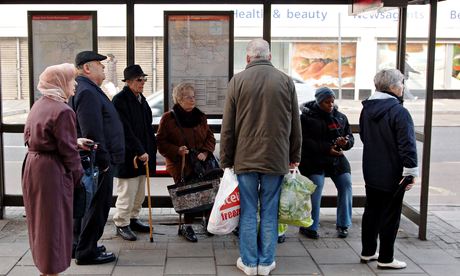My husband Malcolm Hurwitt, who has died aged 91, was known for his lifelong passion for the law and for law reform connected to human rights.
He was born in South Wales, and brought up in Plymouth; his mother was Dorothy (nee Roseman); his father Joshua, known as Sim, who had come to Britain from Palestine, was a businessman who had various ventures. They anglicised their surname from Hurwitz.
Malcolm won a scholarship to Jesus College, Oxford, to read law but then had to enlist. He joined the Duke of Wellington’s Regiment, and was on the Normandy beaches on D-day+1, and he then served in Italy with the British Forces Network.
Once demobbed, he decided to become an articled clerk, and qualified as a solicitor in 1950. By now we were married, and in 1951 we moved to Salisbury, where Malcolm continued his career. We had two children, Jonathan and Denise, and then in 1957 we moved to Southall, west London, where Malcolm became a partner in a wide-ranging solicitors’ practice. He rose to senior partner there, retiring in 1987.
His main legal interests throughout these years encompassed mental health and civil liberties: he served as president of a mental health tribunal and was a member of the Law Society’s mental health and disability sub-committee. He became involved with the National Council for Civil Liberties (now Liberty), serving on its executive committee for 30 years, and as chair in 1970 and 1977. He also co-wrote the Penguin Guide to Civil Liberties.
From the mid-1980s he focused on the right-to-die movement from a legal perspective, and was chair of the Voluntary Euthanasia Society (which was later renamed Dignity in Dying) for two terms, as well as honorary secretary of the World Federation of Right to Die Societies from 1994 to 1998.
A keen reader, he reviewed many books and pamphlets in his field and his views were sought on television and radio. He was also a frequent contributor to the Guardian’s letters page.
Outside his work he enjoyed many years as a member of Round Table and of Rotary. He loved travel, books, opera and classical music, as well as good food and wine.
He is survived by me, our children and our grandchildren.
Malcolm Hurwitt obituary


